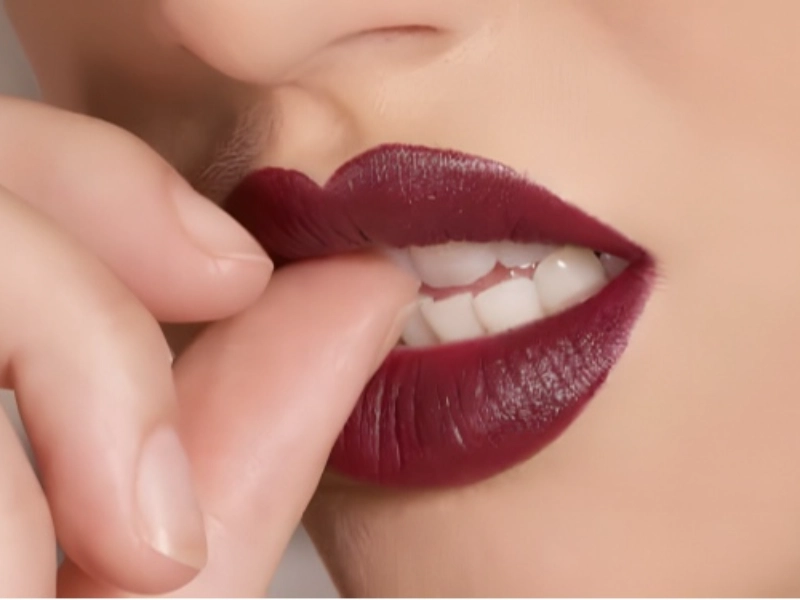5.Bitten Nails

Advertisement
Nail biting, and sometimes biting the surrounding skin and cuticles, is often a sign of anxiety, stress, or nervous tension and can range from a mild occasional habit to a serious compulsive behavior that interferes with daily life. For some people, nail biting is just a temporary habit developed during stressful periods, but for others, it may signal deeper psychological issues, anxiety disorders, or obsessive-compulsive tendencies that need to be addressed with professional help.
Known medically as onychophagia, this behavior affects people of all ages but is particularly common among children, teenagers, and young adults who may use nail biting as a coping mechanism for stress, boredom, or anxiety. Chronic nail biting can lead to permanent nail damage, painful infections around the nail bed, transmission of germs from hands to mouth, and even dental problems including tooth damage and jaw issues from repetitive biting motions.
Persistent nail biting can also significantly affect self-esteem, social interactions, and professional appearance, creating a cycle of embarrassment and increased anxiety. Treatment approaches may include cognitive behavioral therapy to identify triggers, habit-reversal training to develop alternative behaviors, stress management techniques, and relaxation strategies. Some people benefit from using stress balls, fidget toys, or applying bitter-tasting nail polish as deterrents. In severe cases, working with a mental health professional can help address the underlying causes and develop effective coping strategies.









